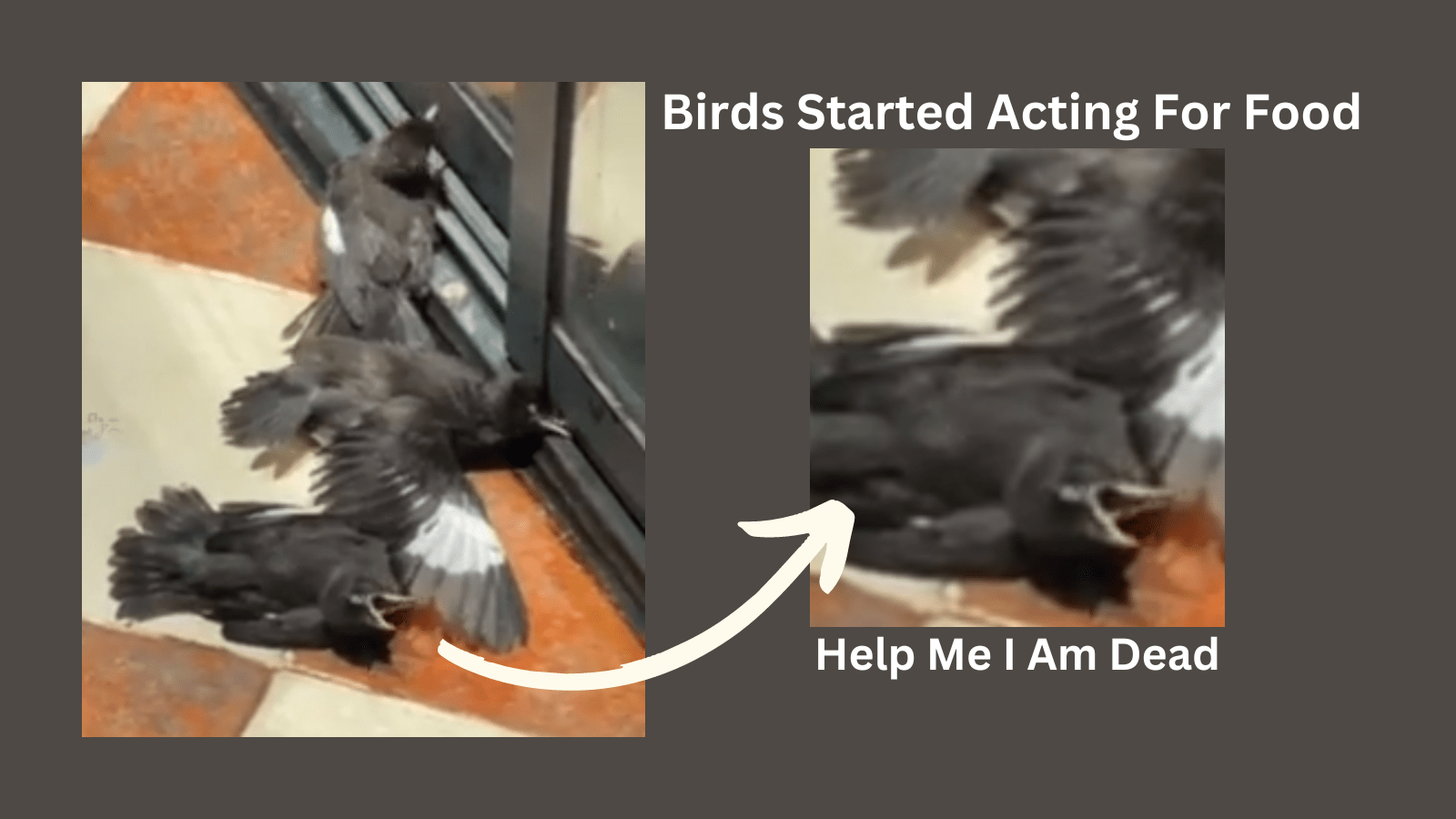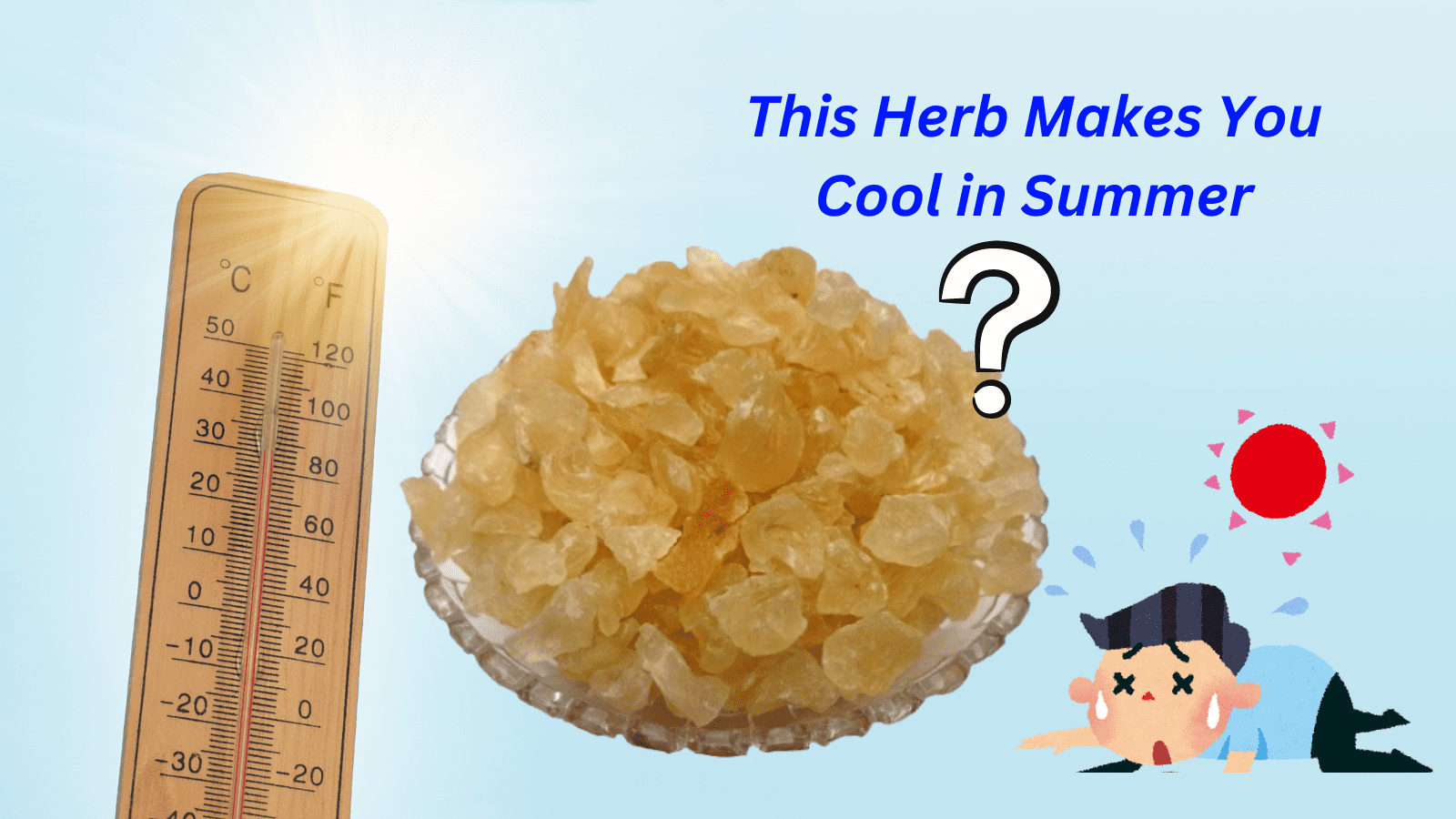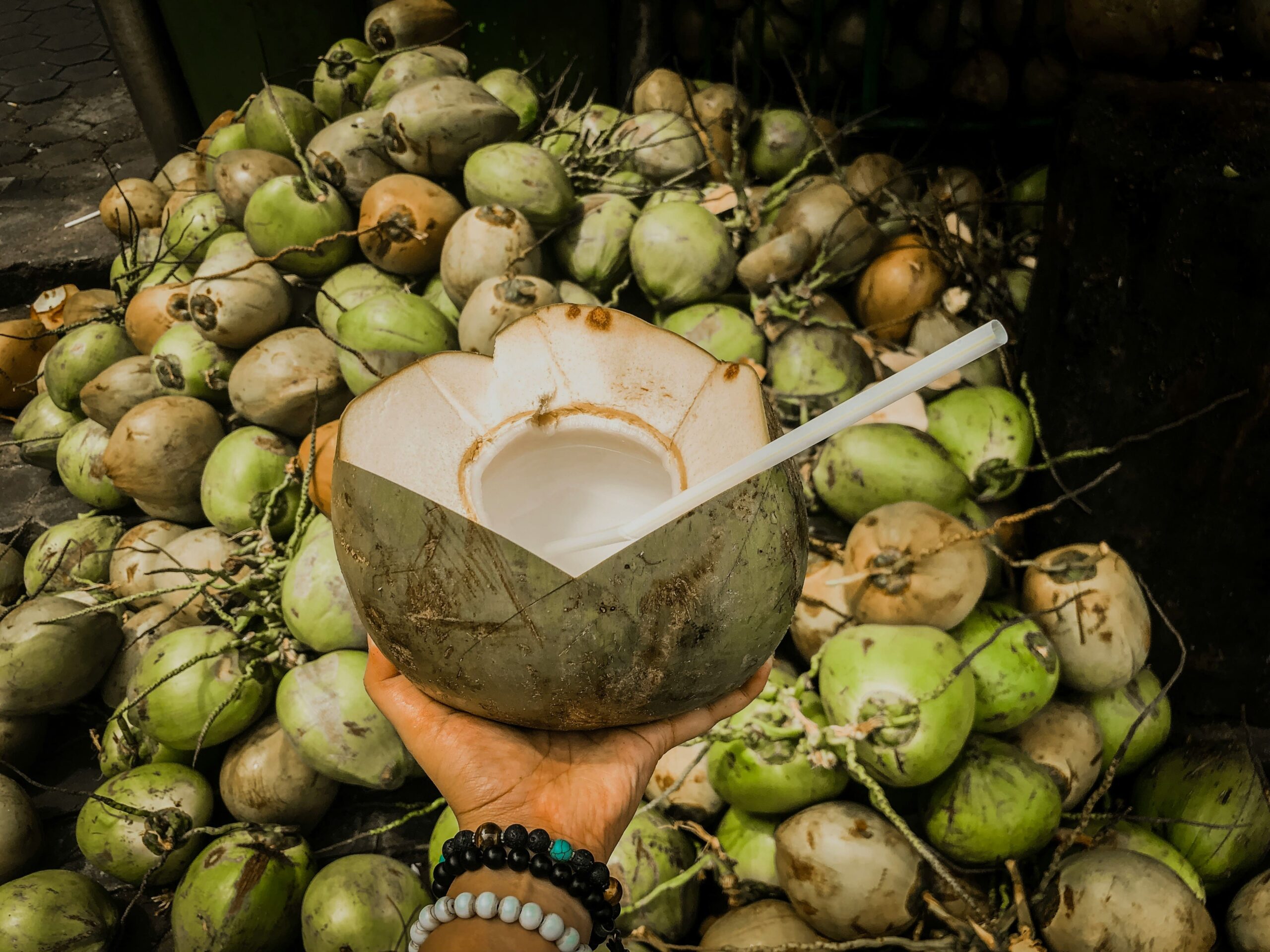Never hurt the people that make your food
There is a necessity for seeds for growing crops, but what if the control of all the seeds goes to someone? Ever thought about who makes your food, and what if they stop growing crops due to some protest against the Government as happening in Paris recently? That’s why every household needs to be self-sufficient with seed stock and should know how to grow crops.

Recently due to the ongoing “No Farmers, No Food” protest in France, Paris. A French farmer, Benoit Durand, has set up a tractor blockade around Paris to pressure the government, aiming to “starve Parisians.” The protest, involving 800 tractors, highlights concerns about environmental rules, red tape, and low pay. Signs near Beauvais read, “Our end will be your hunger,” showing farmers’ determination. With police at key spots like Rungis, a big food hub, there’s worry about food supply problems. Ademe, a government group, warns Paris only has a three-day food backup, stressing the need to address farmers’ issues quickly.
Why Seed Control is necessary?
| Why is seed control necessary? |
|---|
| Seeds are the fundamental building blocks of agriculture. |
| Control over seeds enables control over crop diversity and production. |
| Seed control influences agricultural practices, including the use of pesticides and fertilizers. |
| Corporate seed monopolies impact farmer autonomy and biodiversity. |
| Access to diverse seed varieties is essential for food security and resilience. |
| Seed sovereignty movements advocate for decentralized and community-controlled seed systems. |
| Preservation of heirloom and indigenous seed varieties is crucial for cultural and ecological resilience. |
| Seed banks play a vital role in preserving genetic diversity and safeguarding against crop failures. |
| Understanding and advocating for seed sovereignty is critical for sustainable and equitable food systems. |
| Empowering farmers and communities with access to diverse seeds promotes food sovereignty and resilience in the face of global challenges. |
Where are seeds stored?
A seed vault, also known as a seed bank, is a facility designed to store and preserve a wide variety of plant seeds. These facilities serve as repositories for maintaining the genetic diversity of plant species, ensuring their conservation for future generations. Seed vaults typically store seeds at low temperatures and low humidity levels to prolong their viability over long periods. They play a crucial role in safeguarding agricultural biodiversity and protecting against the loss of plant species due to environmental threats, natural disasters, or human activities. One of the most well-known seed vaults is the Svalbard Global Seed Vault, located on the Norwegian island of Spitsbergen, which serves as a backup facility for seed banks worldwide.
Top Countries with Seed Control:
Out of the approximately 1500 seed vaults present around the globe, these are the top 10 countries with a high number of seed samples in their seed vaults:
1. Norway
2. United States
3. United Kingdom
4. India
5. Australia
6. China
7. Brazil
8. Japan
9. Russia
10. Germany
Understanding the difference between types of seed:
| Seed Type | GMO Seeds | Hybrid Seeds | Organic Seeds | Heirloom Seeds |
|---|---|---|---|---|
| Definition | Genetically modified in labs by injecting genes from another plant | Result of a cross between genetically different plants of the same species | Produced naturally without pesticides or chemical substances | Crop varieties passed down for over 50 years, with unique traits |
| Traits | Modified for desirable characteristics like resistance to pests or weather conditions | Combines best traits of parent plants, resulting in quicker growth and higher yields | Stronger, disease-resistant, thrive in adverse conditions | Tried and tested over generations, may have unique adaptations or flavors |
| Source | Lab-generated | Cross-pollinated by hand | Naturally produced | Passed down through generations of growers |
| Cost | More expensive due to lab production | Moderate cost | Comparable to non-organic seeds | Affordable and reusable, as they can be saved over years |
| Characteristics | Controversial due to potential health concerns and artificial production | Grow quicker and produce higher yields | Resilient and adapted to natural conditions | Reliable and consistent, with known growth habits and yields |
Understanding the differences between GMO, hybrid, organic, and heirloom seeds is crucial for selecting the right seeds for your garden. While GMO seeds offer modified traits for specific conditions, hybrid seeds combine desirable traits from different plants. Organic seeds are produced naturally without chemicals, while heirloom seeds boast unique traits passed down through generations. Each type has its advantages and considerations, so it’s essential to choose based on your gardening goals and values.
How to buy seeds?
1. Open Seed Vault 15,000 Heirloom Seeds Non-GMO for Planting Vegetables & Fruits (18 Variety Pack) – Gardening Starter Kit Seeds, Survival Gear Food, Gardening Gifts, Emergency Supplies
2. Open Seed Vault 15,000 Non GMO Heirloom Vegetable Seeds for Planting Vegetables and Fruits (32 Variety Pack) – Gardening Seed Starter Kit, Survival Gear Food, Gardening Gifts, Prepper Supplies
3. Survival Garden Heirloom Vegetable Seeds – Non-GMO Seed Varieties for Planting – 18,500+ (30 Pack) Home Garden Vegetables, Fruits & Herbs – Plant & Grow Food Stores – Emergency Preparedness Gear
4. Survival Garden Heirloom Vegetable Seeds – Homesteader 50 Pack Non-GMO Seed Varieties for Planting – Home Garden Vegetables, Fruits & Herbs – Plant & Grow Food Stores – Emergency Preparedness Gear
5. Survival Garden Heirloom Vegetable Seeds – Farmer 100 Pack Non-GMO Seed Varieties for Planting – Home Garden Vegetables, Fruits & Herbs – Plant & Grow Food Stores – Emergency Preparedness Gear
Visit Survival Garden’s Seeds and Open Seed Vault Amazon’s Site for more options
Don’t sleep hungry buddy










